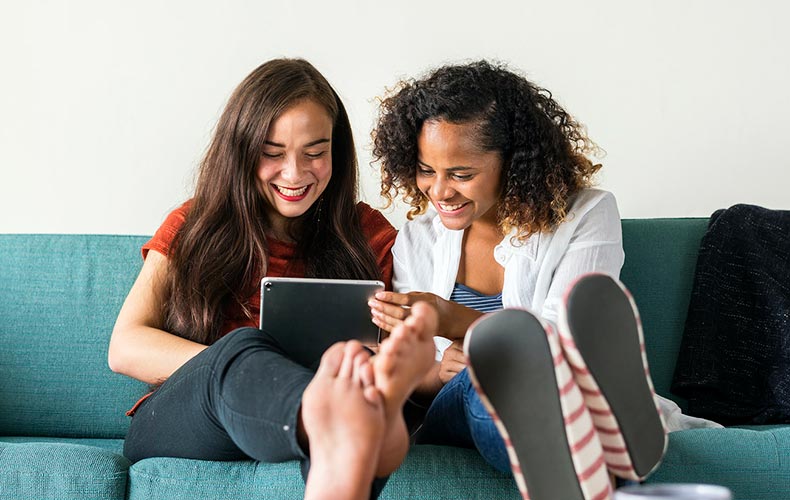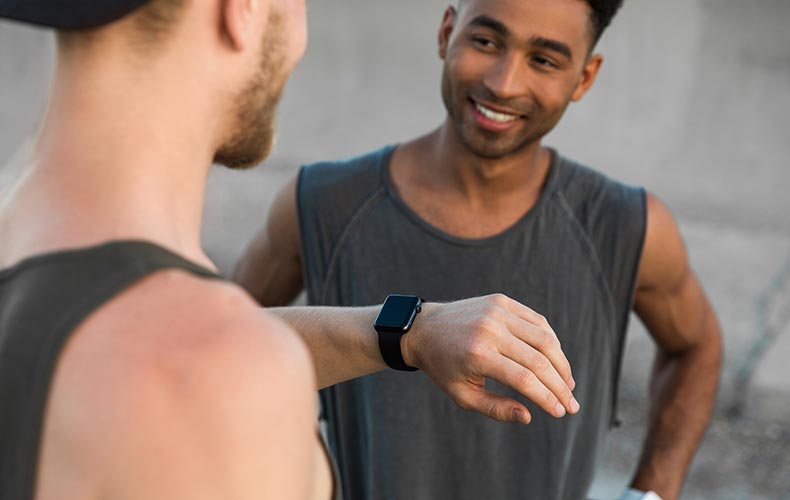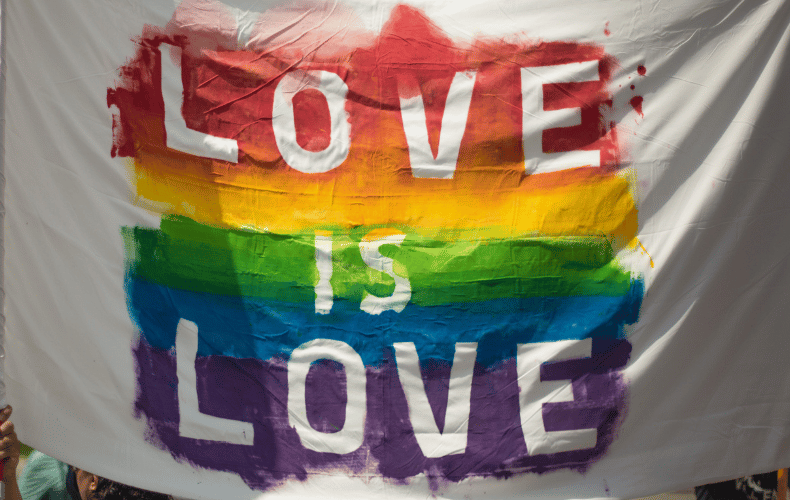- admin
- May 28, 2024
- No Comments
Specific Challenges and Advice for Relationships Within the LGBTQIA+ Community
Like any other relationship, an LGBTQIA+ relationship is based on love, trust, and respect for each other. LGBTQIA+ couples, on the other hand, often face unique challenges that may affect their relationships. To build strong and helpful partnerships, it’s important to understand these problems and come up with positive methods to deal with them. This article talks about common problems LGBTQIA+ couples have and gives them useful tips on how to deal with them.
Understanding LGBTQIA+ Relationships
Relationships between LGBTQIA+ people include a wide range of identities and experiences. People of different sexual orientations and genders can be in these relationships, and each brings their own needs and points of view. It’s important to understand and support LGBTQIA+ relationships by recognizing their unique qualities.
- Importance of Addressing Specific Challenges
It’s important to deal with the unique problems that LGBTQIA+ couples face in order to make the world a better place for these relationships to grow. Communities and individuals can help LGBTQIA+ couples be healthy and happy by recognizing these problems and working to solve them.
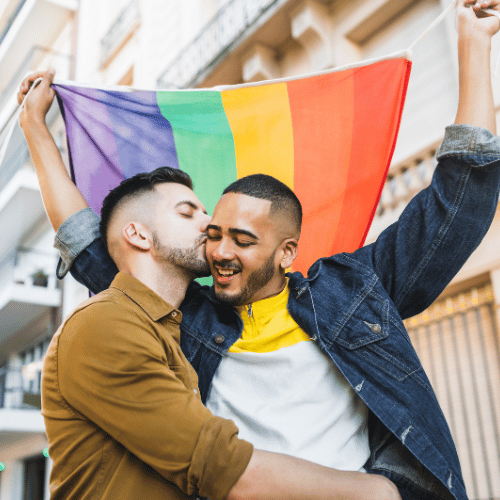
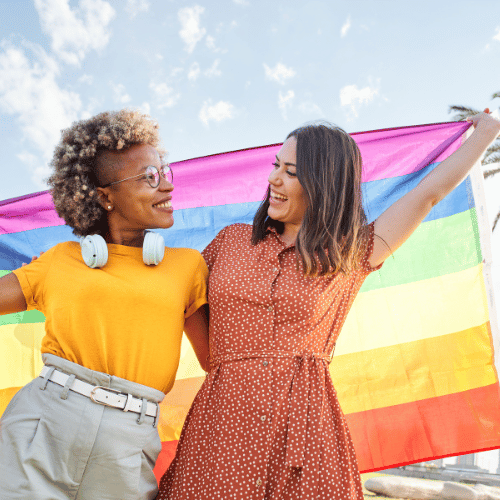
Common Challenges in LGBTQIA+ Relationships
- Social Stigma and Discrimination
Being judged and stigmatized by others is one of the hardest things for LGBTQIA+ couples. People who are prejudiced or negative about the LGBTQIA+ may render the environment hostile, which can make it hard for couples to show their love without fear. - Family Acceptance and Support
Acceptance from family is very important for the mental health of LGBTQIA+ people. Many of them have to deal with rejection or lack of support from their families, which can be hard on relationships and their mental wellness. - Mental Health and Well-Being
People who are LGBTQIA+ can suffer from mental health problems because of the stress and anxiety that comes from being rejected by family, friends, and others. Making sure people are mentally healthy is a big job that needs help and attention. - Legal and Financial Issues
LGBTQIA+ couples often have problems with the law and money, like being turned down for jobs, housing, and medical care. Some places still don’t recognize their relationships legally, which makes it hard for them to get the rights and protections they need. - Intersectionality and Identity
When different parts of a person’s identity, like race, gender, and sexual orientation, interact to mold their experiences, this is called intersectionality. LGBTQIA+ people who are part of more than one marginalized group may have even more problems in their relationships.
Advice for Navigating LGBTQIA+ Relationships
- Building a Strong Foundation
Every relationship needs to have a strong base. For LGBTQIA+ couples, this means being honest about what the other person needs, setting clear boundaries, and making sure that both people respect and understand each other. - Effective Communication
Communication that is open and honest is key to getting things done. Talk to your partner about your thoughts, feelings, and experiences on a regular basis to make sure you both feel supported and heard. - Seeking Support and Resources
Don’t be afraid to get help from LGBTQIA+ support groups, organizations, or counselors. These resources can be very helpful because they offer advice, counseling, and a sense of community. - Advocacy and Allyship
Fighting for your rights and supporting each other through activism can make your relationship stronger. Getting involved in the LGBTQIA+ community and encouraging others to do the same can help make the world a better place for everyone.

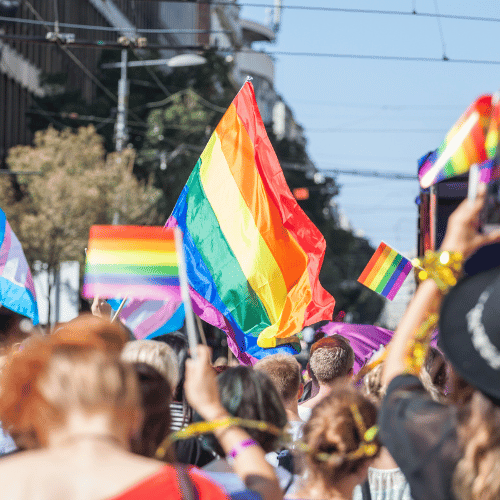
Building a Supportive Community
- Finding LGBTQIA+ Friendly Spaces
Look for places that are LGBTQIA+-friendly so you can feel safe and welcome. These can be places like community centers, clubs, and social groups that are just for LGBTQIA+ people. - Engaging in Community Activities
Taking part in activities and events in your community can help you meet people who have been through similar things and are facing similar problems. These interactions can help, and will make you feel like you belong. - Online Communities and Resources
Online communities can also be a great way to get help and find resources. You can meet new people and get useful information and support by joining online support networks, social media groups, and forums.
Promoting Visibility and Awareness
- Sharing Stories and Experiences
Sharing your stories and experiences can help people see and understand you better. Being honest about your relationship can help break down barriers and motivate other people. - Educating Others
Education is a strong way to help people accept others. Use every chance you get to teach others about LGBTQIA+ issues and how important it is to be welcoming and respectful. - Supporting LGBTQIA+ Organizations
Give your support to groups that fight for LGBTQIA+ rights and give the community resources. Your participation and contributions can make a big difference in promoting support and equality.
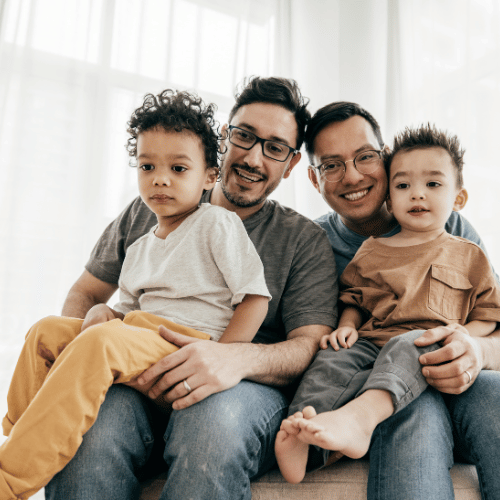
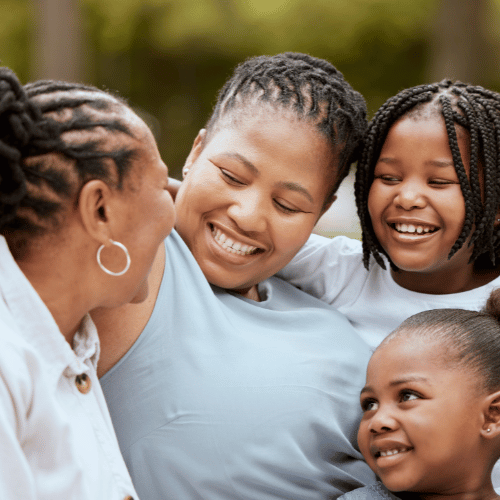
Conclusion
LGBTQIA+ relationships face unique challenges, but with understanding, communication, and support, these challenges can be navigated successfully. Building strong foundations, seeking support, and promoting visibility and awareness are key to enhancing and sustaining LGBTQIA+ relationships. Embrace the journey with confidence and compassion, knowing that you are part of a vibrant and resilient community.

